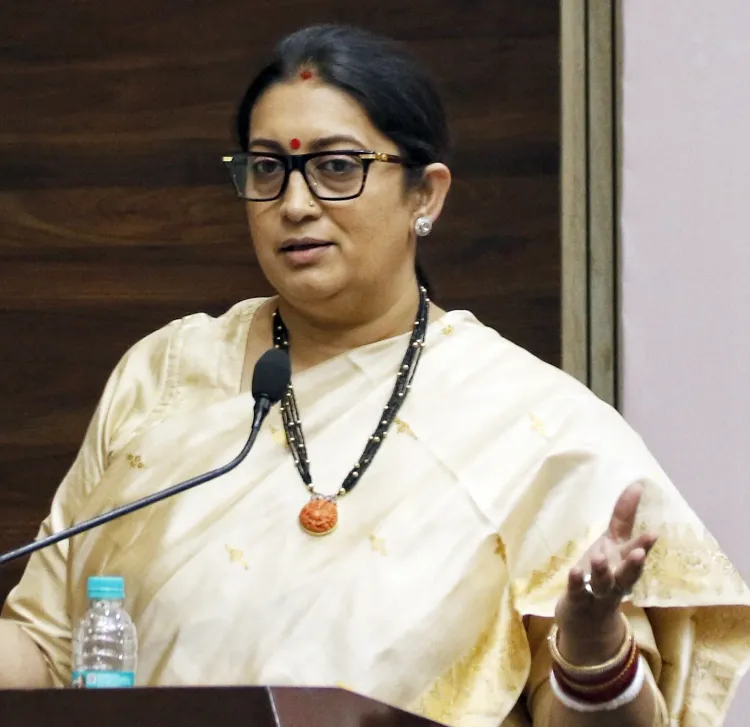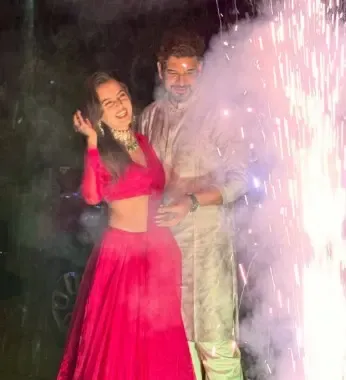Did Families Really Pause Their Lives for ‘Kyunki Saas Bhi Kabhi Bahu Thi’?

Synopsis
Key Takeaways
- Tulsi Virani is a beloved character in Indian television.
- The show created significant family traditions.
- Emotional connection is a key element in storytelling.
- Reboots can reignite old memories and feelings.
- Legacies in entertainment shape cultural narratives.
Mumbai, July 8 (NationPress) Actress and politician Smriti Irani, who is reprising her iconic role of Tulsi Virani in the reboot of ‘Kyunki Saas Bhi Kabhi Bahu Thi’, has shared insights on the show's profound influence, which turned into a cultural sensation and dominated Indian television during its peak.
She expressed that her character and the series have endured the passage of time, securing a cherished spot in the hearts of countless Indians.
Reflecting on the show, she remarked, “When I first entered Tulsi’s realm, I never anticipated how far her journey would reach—not just into living rooms, but into the emotions of millions across India. Tulsi wasn’t merely a character; she transformed into a daughter, a mother, a friend—and for many, she mirrored their own resilience, sacrifice, and beliefs.”
In the early 2000s, devoid of hashtags or social media, ‘Kyunki Saas Bhi Kabhi Bahu Thi’ not only trended but also became a tradition.
She elaborated, “It shattered every success metric not solely through numbers, but through heartfelt connection. Families paused their daily lives to watch it collectively. Discussions, laughter, and tears revolved around one name, Tulsi. Even after she exited the screen, Tulsi never truly departed from the audience's memory. Strangers approached me not as Smriti, but as Tulsi, because she persisted in memories, traditions, and households. That kind of legacy isn’t scripted; it’s received with gratitude and reverence.”
“Now, years later, life comes full circle—not to replicate the past, but to reignite an emotion that never truly faded. Tulsi returns not merely as a character, but as an emotion, a memory, a connection that has endured. In an era where stories spread rapidly yet meaning is ephemeral, this comeback is an invitation—to pause, to reflect, and to feel. Once more,” she concluded.









